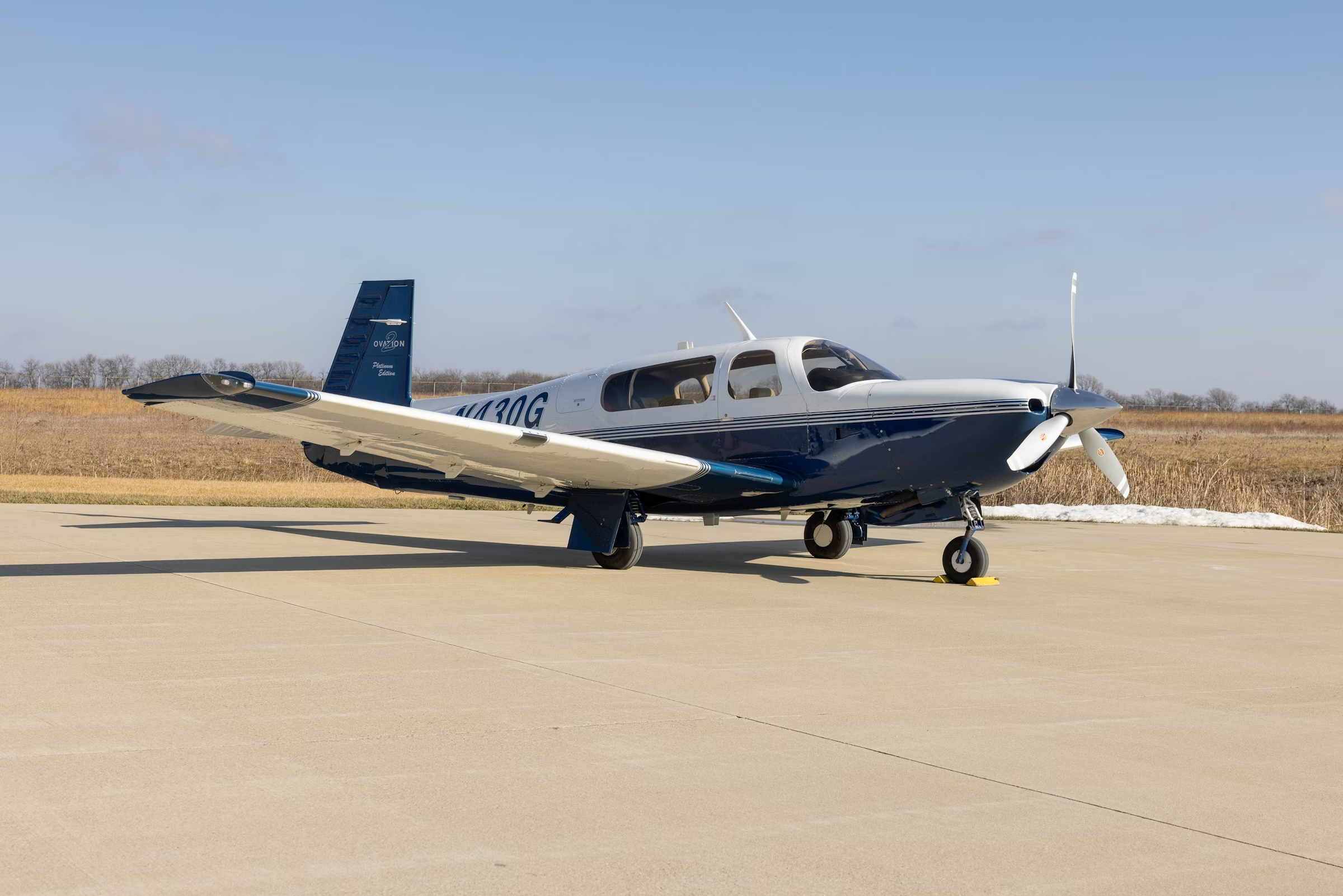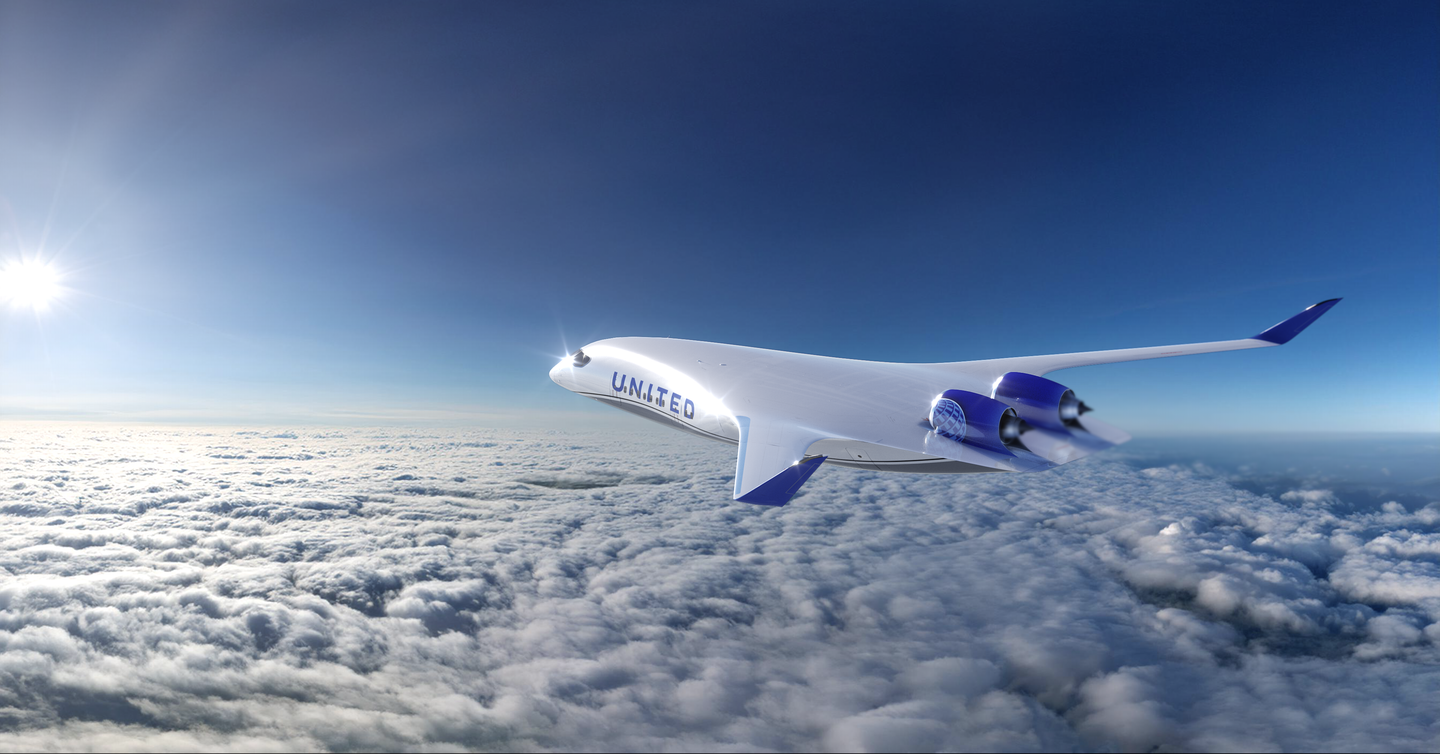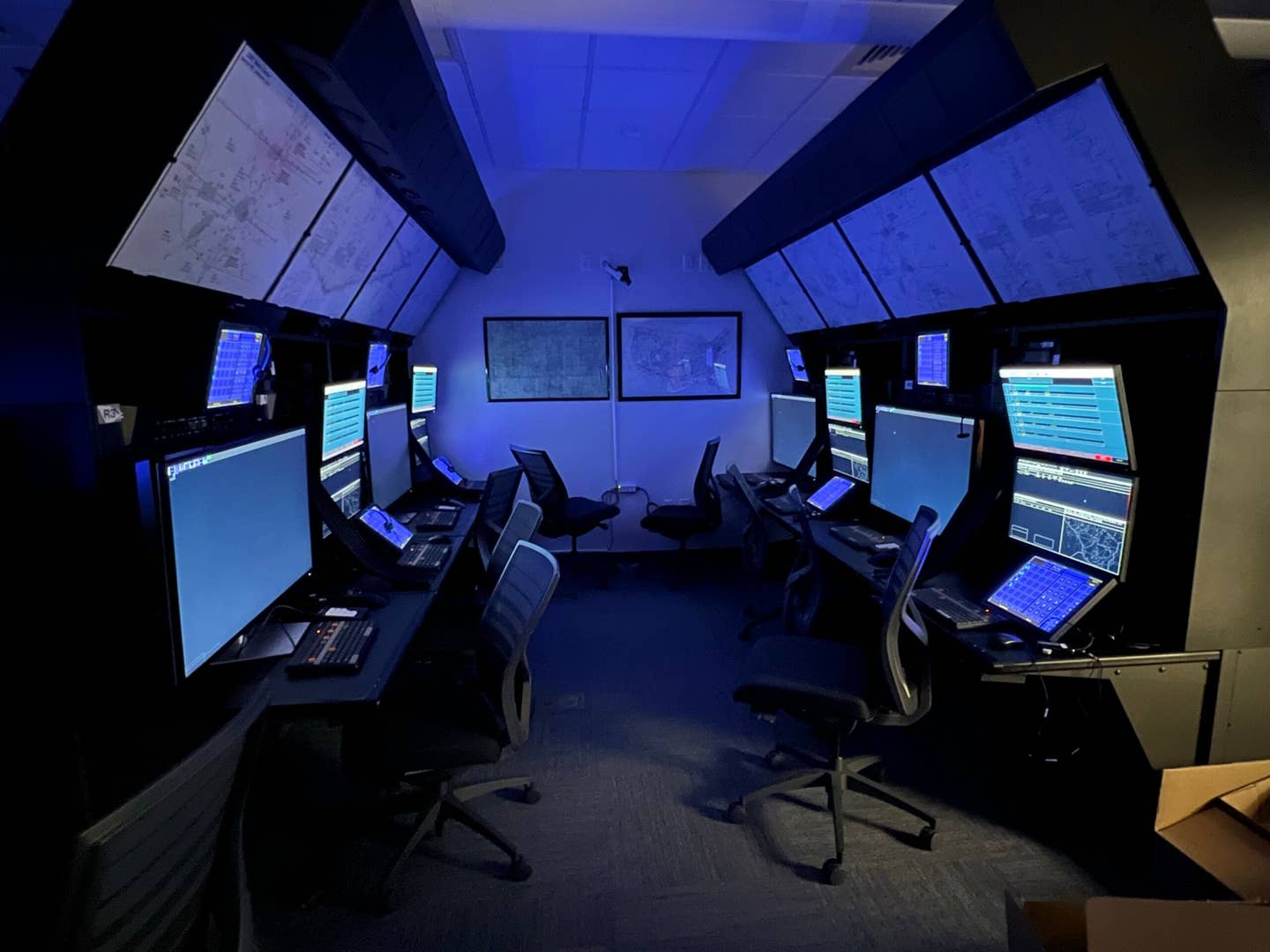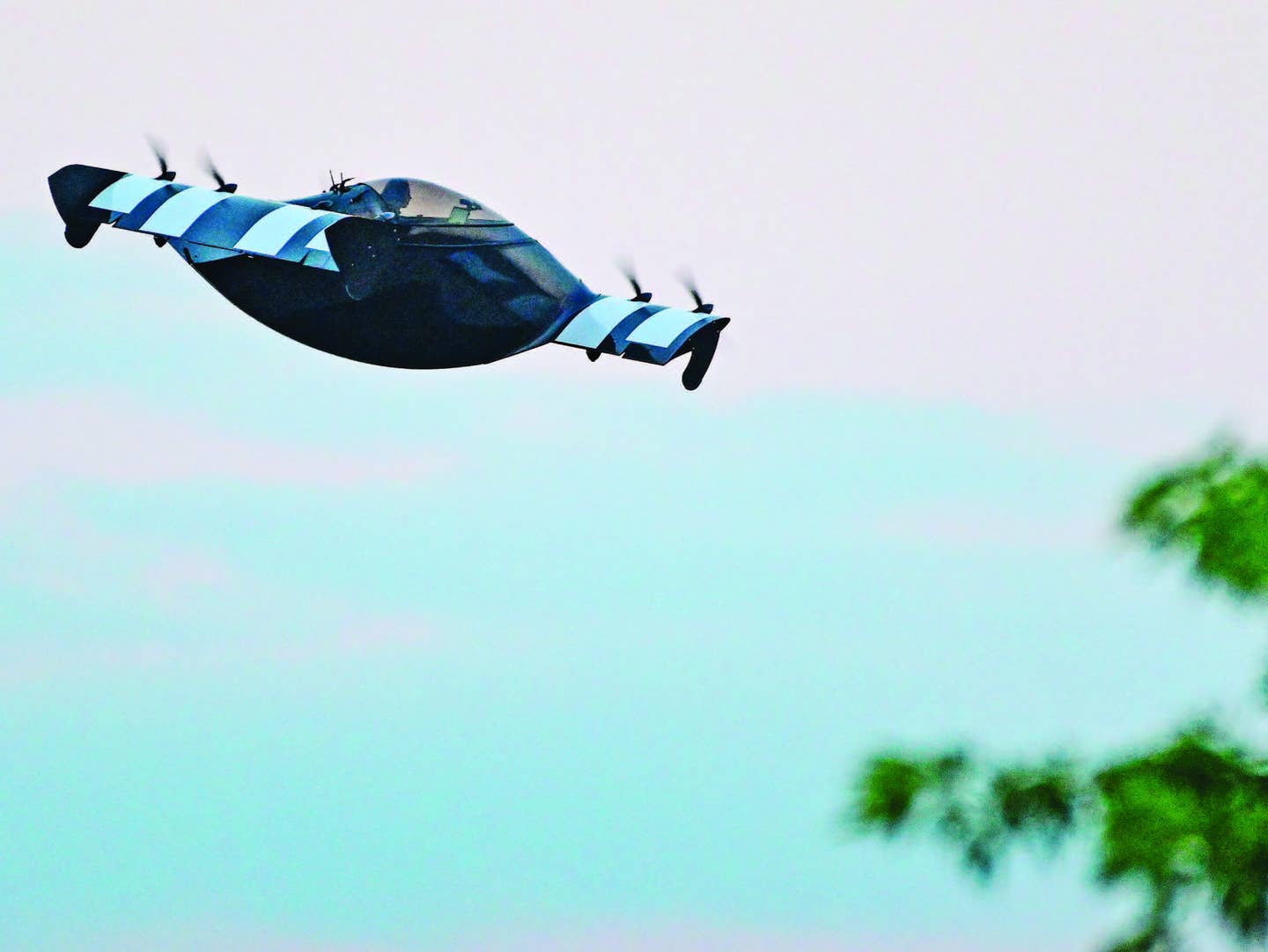Blade Air Mobility Reports Strong YOY Growth
Company says revenues grew to $20 million in fourth quarter, up 144 percent over 2020.
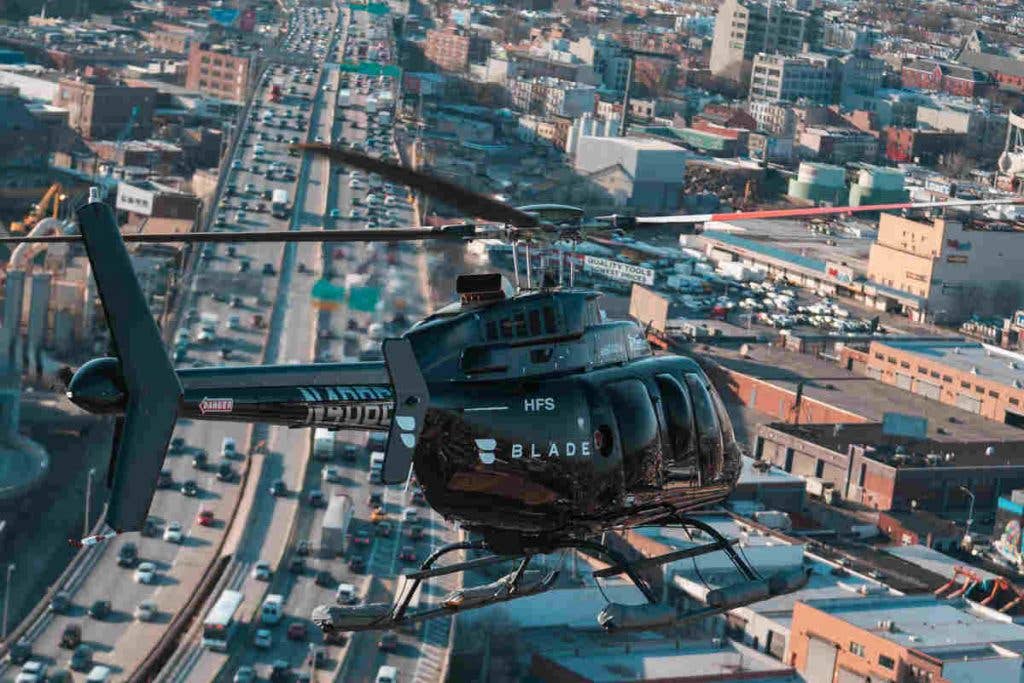
Blade Air Mobility says its annualized run rate of passengers sits at 20,000 people, which it says matches pre-covid levels. [Courtesy: Blade Air Mobility]
Blade Air Mobility (NASDAQ: BLDE), an urban air mobility platform that operates in the U.S., Canada, and India, reported strong growth around its business, indicating that its year-over-year fourth-quarter revenues climbed 144 percent from 2020, and 28 percent compared to 2019 numbers.
On its earnings call Monday, Blade CEO Rob Wiesenthal said that despite the comparable negative earnings of $4.7 million for the fiscal year, their bullish growth strategy and $305 million in cash and short-term investment puts them in a good position.
“We remain extremely well-capitalized to continue this strong execution on our growth strategy, both organically and through acquisition, given our debt-free balance sheet with cash and short-term investments,” Wiesenthal said.
Despite news of looming lockdowns resulting from the spread of the new Omicron variant and questions from analysts about expansion plans, Wiesental said the company had not seen any negative impact on their business. Furthermore, he said that they would continue to add to their airport capacity in 2022.
“Given that we are the only aviation company with mandatory vaccination requirements, which we began to be enforced on September 7, our passengers are not only all vaccinated, they were the first to be boosted as well.
“Simply put, our fliers do not view Omicron as a death sentence,” Wiesenthal said.
Meanwhile, in a statement, Will Heyburn, Blade’s chief financial officer, pointed out that the company’s short-distance business achieved 90 percent of pre-COVID revenues during the fourth quarter.
Key Performance Indicators
- Q4 revenue increased to $20 million, growing 144 percent compared to Q4 2020 and 28 percent compared to Q4 2019.
- For the 2021 fiscal year, revenue increased to $50.5 million, a 116 percent jump over 2020, and a 62 percent increase over 2019.
- Revenues decreased 10.4 percent to $13.4 million for Q4, for its “Short Distance (60 to 100 nm) Business,” comparing 2021 and 2019.
- Overall year-end revenues decreased 14.5 percent from 2019 to $22.2 million, which Blade attributed to the decline in weekend commutes.
- Organ Transport & Jet business grew 50 percent to $6.6 million in Q4 from increasing customer enrollment and increasing trip volume per customer for its hospital and jet charter offerings.
- Adjusted EBITDA decreased to $3.2 million and $8.8 million for the quarter and year-end respectively, which the company attributes to new recurring expenses from its change to becoming a public company.
- Annualized run-rate of passengers at 20,000 people, which it says matches pre-COVID levels.
Recent Highlights and Updates
- The company celebrated its SPAC-IPO in May. Blade doesn’t own or operate any aircraft. Rather, through its platform that consists of a mobile app, website, and flier relation team, Blade coordinates an ecosystem of operator partners who provide aircraft, pilots, maintenance, insurance, and fuel while Blade focuses on booking and aggregating passengers. “We are serving these customers and using our infrastructure today with conventional aircraft, building market share, expanding product offerings, and strengthening our brand while preparing for a seamless transition to EVA, once these aircraft are certified for public use,” Wiesenthal said.
- Earlier this month, Blade announced that it entered into a $12 million partnership through 2026 with Helijet International, North America’s largest scheduled helicopter airline for exclusive rights to offer scheduled helicopter flights operated by Helijet, and to use passenger terminals at heliports controlled by Pacific Heliport Services (PHS) in Canada. Along with its other acquisition of Trinity Air Medical, the infrastructure accretion puts Blade in a position to be the largest urban air mobility service in North America.
- Since its initial offering, Blade’s stock has traded largely between $7 and $11 per share, with a $600 million market cap.

Sign-up for newsletters & special offers!
Get the latest FLYING stories & special offers delivered directly to your inbox

